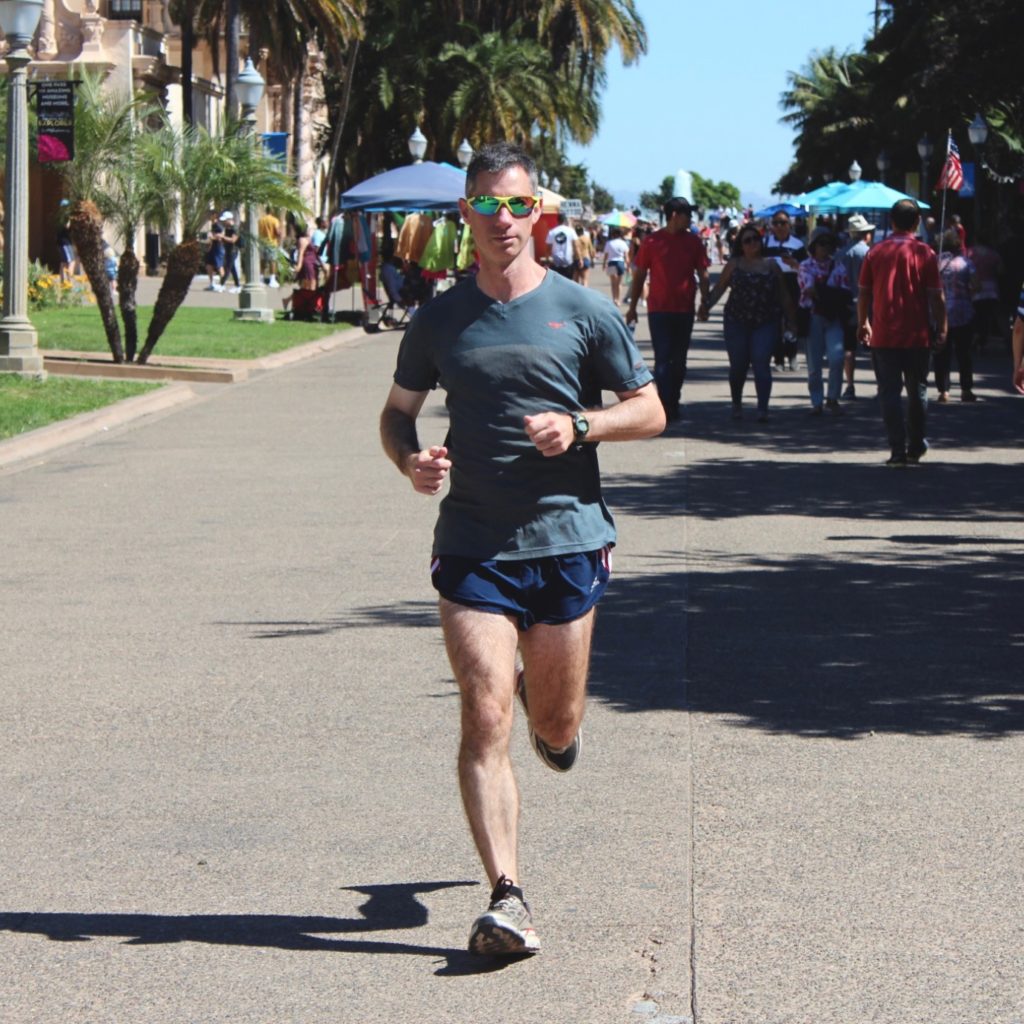One of the main things that causes fatigue in a marathon is low blood glucose. Once your carbohydrate (glucose) fuel tank is empty, your pace slows down.
A big tip to help your marathon is to do whatever you can to maintain blood glucose level during the race.
While fat can be used to provide the energy to run, muscles can maintain a faster pace with carbohydrate. Here’s how to maximize your carbohydrate:
1. Over the week leading up to the marathon, back off on your training and consume a lot of carbohydrate – about 70% of total calories (women need to consume more total calories in addition to increasing the percentage of calories from carbohydrate to optimize glycogen storage). This will give you the biggest fuel tank when you go to the start line.
2. Don’t start out at too fast of a pace. The faster you start over the first few miles, the more glucose you will use, and the sooner you will run out. Within the first mile, ask yourself, “Can I honestly hold this pace the entire way?” Be honest with yourself, and make corrections if the answer is no.
3. Consume up to 60 grams of glucose per hour during the race after the first 60-90 minutes, and chase it with water to have it quickly pass through your stomach and get into your blood. Consume small doses spread out over time rather than one 60-gram dose at a time. (Warning: Don’t do this for the first time in the race since you don’t want an upset stomach. Hopefully, you have practiced fueling strategies in training and have trained your gut to handle large amounts of glucose. Whatever your gut is capable of tolerating while running, take it to keep blood glucose elevated for as late into the race as possible.)
